Summary: Nootropics for Nerve Growth Factor (NGF)
As a key neurotrophin, NGF plays an important role in brain growth, development, and longevity. Thus, when NGF activity is off, general cognition diminishes. While not bona fide treatments, certain natural nootropics may help improve NGF expression, particularly in the face of mild cognitive impairment.
Page Contents
Restore Cognitive Performance with These NGF Boosters
Back when I used to sit around in college, watching TV with my face two inches from the monitor, hammering my temple really hard with a hammer, and drinking whiskey straight from the bottle for hours upon hours straight, my friends used to tell me: stop, you’ll destroy all your brain cells.
This was under the misguided notion that brain cells — i.e., neurons — were strictly finite in their numbers, at least after the brain has finished developing. And while, yes, neurons are delicate, finnicky little things that don’t simply scab over and regrow like skin when you damage them, the brain does have means of growing new nerve tissue. One of those means: nerve growth factor (NGF).
And so, in the age of materialist transhumanism, the obvious follow-up to this observation: Can I take nootropics for nerve growth factor boosts? While it’s hard to say definitively the extent to which certain nootropics may improve NGF activity, some research suggests that a few nootropics may possess significant NGF boosting potential. Which is pretty exciting. But which ones? And how? Also, what exactly is NGF, technically speaking? I’ll get into that and more in my Nootropics for Nerve Growth Factor guide below.
What is Nerve Growth Factor (NGF)?
Here’s a simple definition: NGF is a factor involved in nerve growth.
And here’s a helpful definition: NGF is a neuropeptide, meaning a protein used by neurons to trigger neuronal activity, that belongs to a class of molecules called neurotrophins. Neurotrophins help regulate the growth, development, maintenance, proliferation, and survival of certain neurons. NGF is one of two most discussed neurotrophins: NGF and BDNF (brain-derived neurotrophic factor).
Perhaps I’ll set up a separate Nootropics for BDNF post, but my primary focus here is NGF. And as I already mentioned, NGF, as a neuropeptide, works by triggering neuronal activity. The NGF protein does this by binding to two different receptors: 1) NTRK1 receptor, and 2) p75NTR receptor.
- NTRK1 Receptor – activation of this receptors signals for the receiving neuron to grow and differentiate into a specialized form — i.e., develop from a stem cell to a specialized cell. Also, the binding of this receptor blocks cell self-destruction, or apoptosis.
- p75NTR Receptor – while it’s less clear what NGF’s activation of this receptor does, some research indicates that it may further benefit cell growth and specialization, yet it also may trigger apoptosis.
Typically, the brain increases NGF activity during rest-&-digest metabolic states — as opposed to under more excitatory fight-or-flight conditions. This makes sense: while fighting or flighting, the body cares very little about expending energy on brain maintenance — we need to get out of the danger zone, who cares about neuronal longevity?! Yet, when rest and relaxation are achieved — e.g., sleep — GABAergic brain cells (neurons that produce GABA, the brain’s inhibitory “relaxation” neurotransmitter) obstruct excitatory neuronal activity, promoting the actions of NGF.
But what are the actions of NGF?
NGF Mechanisms of Action
Generally speaking, NGF promotes neurogenesis, the growth and development of neuronal tissue, similar to how HGH (human growth hormone) boosts muscle growth. However, NGF carries more specific mechanisms of action, including:
Modulates Synaptic Plasticity
Long-term potentiation (LTP) involves the strengthening of a neuronal synapse over time — or, more specifically, over persistent use of the synapse. The more active a neuron-to-neuron exchange (i.e., synapse), the stronger that connection becomes. Synaptic plasticity essentially measures the strength or weakness of a synapse — and, thus, when I say NGF modulates synaptic plasticity, I mean: NGF modulates the strength of neuron-to-neuron communication.
Often observed in the hippocampus, the brain’s primary memory and learning organ, NGF’s modulation of synaptic plasticity seems essential to hippocampal LTP. In the absence of NGF, hippocampal plasticity — and thus memory and learning — decrease, indicating the importance of NGF to the growth and maintenance of memory-processing neuronal activity.
Maintains Sympathetic and Sensory Neurons
When first discovered, NGF was found to promote the growth and survival of sympathetic and peripheral sensory nerve cells. Essentially, sensory neurons are cells that transport information from “sense” organs (think: the 5 senses — touch, smell, sight, etc.) to the central nervous system. Your ability to perceive your surroundings relies on the connection between sensory neurons and the central nervous system — without which you could unknowingly bite your tongue without feeling pain or pass by a respectable lady without tipping your fedora. A decrease in NGF activity correlates with a decrease in sensory perception.
Regulates the Immune System
NGF plays an important role in the immune system, namely the inflammation process. The neurotrophin seems to possess both pro-inflammatory and anti-inflammatory effects, depending on the receptor site of activation in immune cells. This contradictory duality is important: while activating certain inflammatory immune responses, NGF also decreases other inflammatory responses that would otherwise damage the inflamed tissue. As such, one pathway to chronic inflammation seems to be the inactivity of NGF in immune cells.
Nootropic Geek History: Rita Levi-Montalcini Discovered Nerve Growth Factor (NGF)
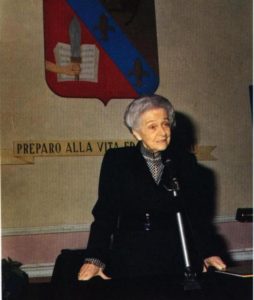
In 1986, Rita Levi-Montalcini won the Nobel Priza in Physiology or Medicine for the discovery of (you guessed it) nerve growth factor. The Italian Nobel Laureate isolated NGF (with colleague Stanley Cohen) in 1952 through her research on certain cancerous tumors that showed exceptionally rapid growth of nervous tissue. Her professional and scientific achievements are impressive, to say the least. However, what the nootropic community finds particularly interesting about Rita: her cognitive health and longevity. Well into old age, Rita demonstrated remarkable resistance to the usual cognitive declines associated with aging. Some speculate that this was due to her self-administration of NGF via eye drops starting in the 80’s. While there’s no definitive proof of this, it seems fitting that the woman who identified NGF was also the oldest living Nobel Laureate prior to her death in 2012 at the age of 103.
Related:
The History of Nootropics
How Does NGF Affect Cognition?
Okay, so NGF modulates synaptic plasticity, maintains sympathetic and sensory neurons, and regulates the immune system… but what does all that mean for cognition? — i.e., mental performance. For the most part, NGF boosts seem particularly beneficial for older men and women on the downward-facing side of age-related cognitive decline. However, generally speaking, NGF seems to benefit the following cognitive measures:
- Memory Retention – by improving synaptic plasticity within the hippocampus, NGF enhances the cognitive structures associated with memory and learning.
- Stress-Related Repair – chronic stress (and even intense acute stress) may significantly damage neuronal tissue. One study shows NGF repairing tissues damaged by stress.
- Attention and Motivation – NGF supports the survival and structure of cholinergic neurons, including those located in the basal forebrain, which plays a significant role in attention, arousal, and motivation. NGF’s support of this structure may indirectly improve attention-related cognition.
Arguably, NGF affects all cognitive pathways, given NGF’s fundamental importance to brain growth and development. From a cognitive enhancement angle, improving NGF levels seems to boost the particular mental performance measures listed above — with plenty of indirect brain boosting benefits as well. But is NGF something you can even boost with standard nootropic ingredients?
Based on the research, NGF may be linked to several cognitive pathways. But what are the exact benefits of supplementing nootropics for nerve growth factor?
Benefits of Nootropics for Nerve Growth Factor
Admittedly, the nootropic concept of NGF boosting is somewhat dubious and controversial. Remember that Rita Levi-Montalcini isolated NGF under the context of cancer. Many reasonably worry that boosting growth factors may increase the rate of risky tumors. However, the natural nootropics associated with NGF boosts seem generally safe and side effect free, and they may come with the following nootropic benefits:
- Better memory consolidation and recall.
- Improved stress resistance.
- Enhanced cognitive longevity.
- Increased TBI recovery.
- Heightened high-order cognitive thinking.
Not to mention better emotional control, mood, and motivation. On the whole, I’d say nootropics that benefit NGF activity generally neuroprotect the brain against age-related cognitive decline — and possibly injury-related decline under certain circumstances.
Having said that, it’s somewhat difficult to discern between nootropics that directly vs. indirectly benefit NGF activity. There’s still much research to explore with regards to NGF-affecting nootropics; however, a few nootropics that may naturally improve NGF status include:
Nootropics for Nerve Growth Factor
Lion’s Mane Mushroom
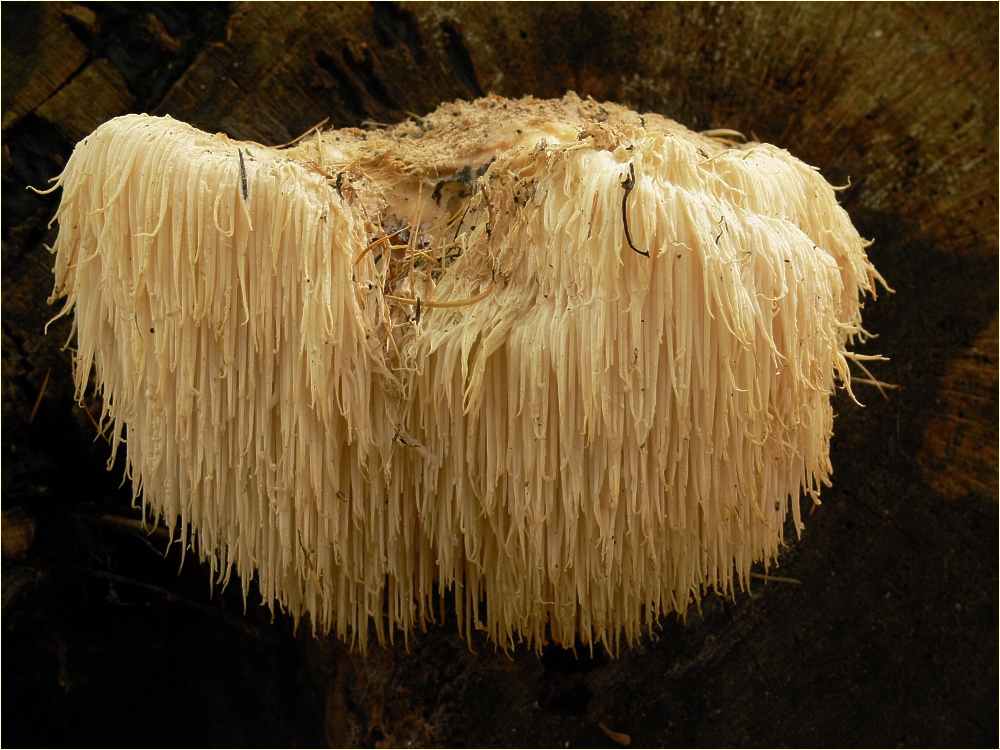
Orally consumed NGF has a hard time crossing the blood-brain barrier. Not Lion’s Mane’s bio-active compounds, which are light enough to access the brain but powerful enough to potentially activate NGF synthesis and release. Lion’s Mane’s NGF boosts earn it two distinct nootropic roles:
- Brain Regenerator – namely in the hippocampus, Lion’s Mane’s NGF increase seems to improve LTP and synaptic plasticity associated with memory and learning; accelerating nerve tissue regeneration for better memory performance.
- Brain Protector – animal research suggests Lion’s Mane mushroom administration protects brain degeneration against irregular peptide-(protein-)induced impairments.
All-in-all, Lion’s Mane is great for mild cognitive impairments with substantial long-term neuroprotective advantages. I view it as a great nootropic to take early and daily for later memory and mood enhancement. Best for age-related decline, yet still great under healthy conditions as well.
PQQ (Pyrroloquinoline Quinone)
Pyrroloquinoline quinone — say that five times fast — or, better yet, PQQ is a popular energy boosting antioxidant compound with significant NGF boosting potential. Altogether, PQQ’s nootropic bio-activities seem to include:
- Optimizing mitochondrial output
- Stimulating creation of mitochondria
- Reducing free radical damage
- Resisting amyloid plaque build up
And yes: stimulating nerve growth factor production.
On the energy boosting front, PQQ’s mitochondrial assistance is cool. Unlike your usual synthetic and risky stimulants, PQQ increases brain energy by promoting natural energy production — as opposed to simply flooding the brain with unnatural levels of excitatory chemicals. It’s a brain booster with significant long-term health potential. Perhaps related to PQQ’s promotion of mitochondria genesis, the potent, powerful antioxidant also boosts NGF production. Animal research found PQQ to be significantly effective at increasing NGF activity “without causing cytotoxicity” — i.e., adverse side effects.
In combination with other antioxidant energy boosters (e.g., alpha lipoic acid, ALCAR, CoQ10), PQQ’s neuroprotective benefits and NGF promoting effects may increase, delivering substantial cognitive benefits particularly for the older folks.
Phosphatidylserine (PS)
Similar to PQQ, Phosphatidylserine (PS) is a big-time multipurpose nootropic with significant cognitive longevity enhancing potential. (Although, it’s a comparison between apples and oranges, I view PS as a much more valuable nootropic than PQQ.) Often taken for memory and cellular repair support, PS is natural phospholipid compound that’s fundamental to the structure and health of cellular membranes. Unfortunately, as we age, PS levels drop and, accordingly, so does mental performance and general cognitive well being.
Supplementing PS may help to keep the brain fresher for longer. And apart from regulating the health of cellular membranes, PS does this by also protecting NGF receptors.
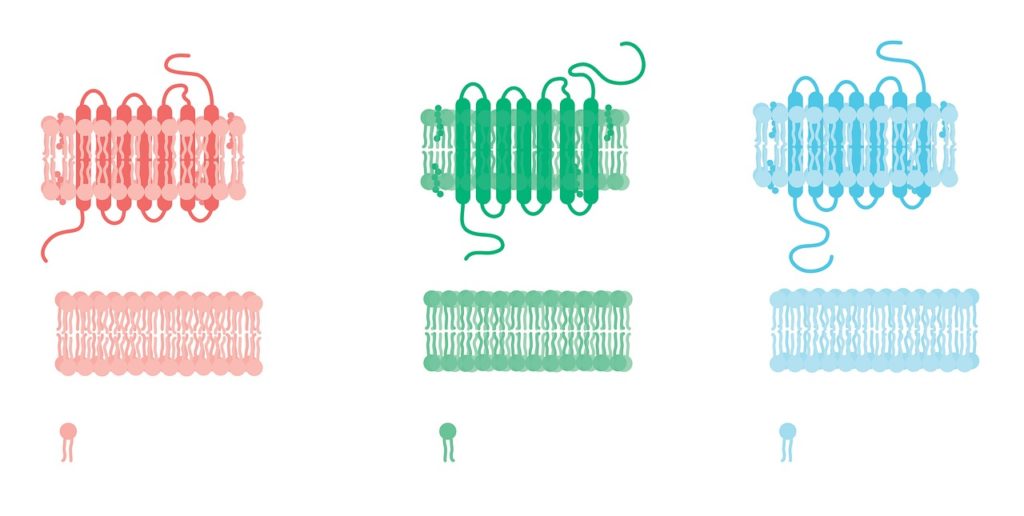
Healthy NGF levels are half the battle. The other half: adequate NGF expression. It isn’t enough for the brain to produce enough NGF. The receptor sites for NGF must also be, well… receptive enough for NGF’s neurogenesis effects to take form. Additionally, to create new neurons, NGF helps mobilize and utilize PS towards to the creation of the phospholipid bilayer.
In other words: PS helps protect NGF expression and is used by NGF itself to create and repair brain cells.
Noopept
Noopept is an interesting nootropic. Classified as a racetam, Noopept is more accurately a “racetam-like” compound, as its structure doesn’t technically align with the basic structures of racetams — however, its effect more or less mimics that of piracetam, only to a much greater, enhanced degree.
Is Noopept comparable to phenylpiracetam in terms of psychostimulation? Not quite, but it remains a popular nootropic drug option nonetheless.
Having said that, Noopept does seem to possess significant therapeutic advantages under conditions of cognitive impairment. And this may be due to Noopept’s potential stimulation of NGF and BDNF expression in the hippocampus. (Er, well, the rat hippocampus.) As one rat study found:
- Long-term administration (28 days) of Noopept demonstrated significant increases in neurotrophic factors in the hippocampus. The researchers observed a potentiation of Noopept’s benefits over time as opposed to a development of tolerance. In their conclusion, the researchers stated that Noopept holds significant promise in the resisting cognitive decline under conditions of mild cognitive impairment.
Certain Noopept users may be surprised to hear that Noopept’s NGF and BDNF benefits potentiated over time, given that long-term Noopept use seems to quickly follow with tolerance build up — at least towards the subjective enhancement benefits of this drug. Yet, if the rat research bears any weight, humans with mild cognitive impairment may significantly enhance their mental performance via Noopept’s NGF and BDNF boosts in the hippocampus.
Green Tea Extract

We have two compounds of particular interest here: L-theanine and Epigallocatechin-3-Gallate (EGCG) — and perhaps a little bit of caffeine to a degree, although let’s not get too carried away with that guy. In terms of nootropic cognitive enhancement, L-theanine seems to supply green tea’s greatest mental advantage: enhanced alpha brainwave activity — the brain frequencies associated with calm, creative thinking. It’s a great complement to caffeine, reducing the stim’s jittery side effects while keeping the focus.
However, in terms of NGF enhancement, both L-theanine and EGCG seem to improve NGF activity independently:
- Study – theanine-administered rats demonstrated increased LTP and hippocampal NGF activity as compared to placebo.
- Study – all green tea polyphenols seem to work synergistically in promoting NGF; however, “epigallocatechin-3-gallate (EGCG) alone appreciably potentiated NGF-induced neurite outgrowth.”
Caffeine, on the other hand, is a bit iffy. And some manufacturers like to advertise “green tea extract” as a ploy to sneak in a bunch of caffeine in their stacks. If you can, look for a green tea extract that’s heavy on the polyphenols, namely EGCG. And if you have to, find a separate source of L-theanine to crank up the L-theanine dosage. (Simply because it’s an awesome nootropic and well worth the investment.)
Best Nootropic Supplements for Nerve Growth Factor
One nootropic may significantly improve NGF activity. But the best approach with nootropics is various approaches — i.e., a nootropic stack that targets a cognitive outcome via different bio-pathways. Granted, NGF promotion tends to be somewhat straightforward; yet, if you can increase NGF production and NGF receptor sensitivity… why not go for it? Listed below are a few of the best nootropic supplements for nerve growth factor.
Mind Lab Pro
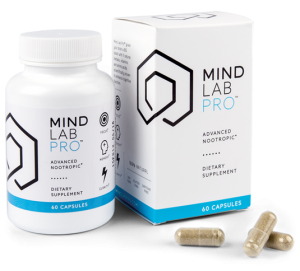 Of the nootropics listed above Mind Lab Pro supplies Lion’s Mane Mushroom (full spectrum extract), Phosphatidylserine (as Sharp-PS®), and L-theanine (as Suntheanine®) — in addition to other various powerful brain boosters, including the brain energizing citicoline (as Cognizin®) and antioxidant-rich maritime pine bark extract.
Of the nootropics listed above Mind Lab Pro supplies Lion’s Mane Mushroom (full spectrum extract), Phosphatidylserine (as Sharp-PS®), and L-theanine (as Suntheanine®) — in addition to other various powerful brain boosters, including the brain energizing citicoline (as Cognizin®) and antioxidant-rich maritime pine bark extract.
By targeting all of the key “pressure points” of cognitive enhancement, Mind Lab Pro efficiently elevates brain performance, without having to resort to 30+ ingredients (and an insane-O high price tag). It’s an all-around impressive brain health stack with clean, green ingredients encased in clean, green Plantcaps® capsules. Great for cognitive longevity and immediate healthy brain boosts.
Want some? Buy Mind Lab Pro here.
Read my in-depth review on Mind Lab Pro.
Performance Lab Energy
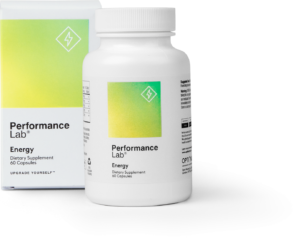 I praised PQQ for naturally boosting natural energy production, as opposed to flushing the brain with synthetic, stimulating chemicals. Performance Lab Energy accomplishes the same with a quality PQQ brand (as BioPQQ®) and other premium antioxidant brain energizers: ALCAR, R-Lipoic Acid (as Microencapsulated Bio-Enhanced®), and Coenzyme Q10 (as MicroActive® Q10).
I praised PQQ for naturally boosting natural energy production, as opposed to flushing the brain with synthetic, stimulating chemicals. Performance Lab Energy accomplishes the same with a quality PQQ brand (as BioPQQ®) and other premium antioxidant brain energizers: ALCAR, R-Lipoic Acid (as Microencapsulated Bio-Enhanced®), and Coenzyme Q10 (as MicroActive® Q10).
And then some BioPerine® black pepper extract because hell yea, that stuff is awesome for enhanced nutrient absorption.
Altogether, Performance Lab Energy’s formula design hits a synergy of mitochondrial energy enhancement that may also theoretically benefit NGF activity via the pathway described on the PQQ entry above. A great choice for cognitive longevity and clarity.
Want some? Buy Performance Lab Energy here.
Read my in-depth review on Performance Lab Energy.
Conclusion
Is this it for NGF enhancement? Nope. There are other nootropic compounds and substances that may boost NGF — especially the more powerful, higher-grade stuff. (E.g., Semax reliably boosts BDNF, a similar neurotrophin, which seems to explain Semax’s associative risk of hair loss.) However, as far as natural NGF boosting goes, there’s much left to be explored in the natural nootropic realm.
In a separate article, I listed nootropics that may assist with TBI and concussion recovery: link here. For obvious reasons, there’s significant overlap between that topic and NGF boosting.
All in all, NGF is a vital compound to brain health and development. It isn’t really until the later “recovery” stages of life that NGF boosting becomes imperative, yet it’s a worthy consideration all the same — even for the average, healthy user. Better to protect than recover — and these NGF boosters seem to accomplish both.
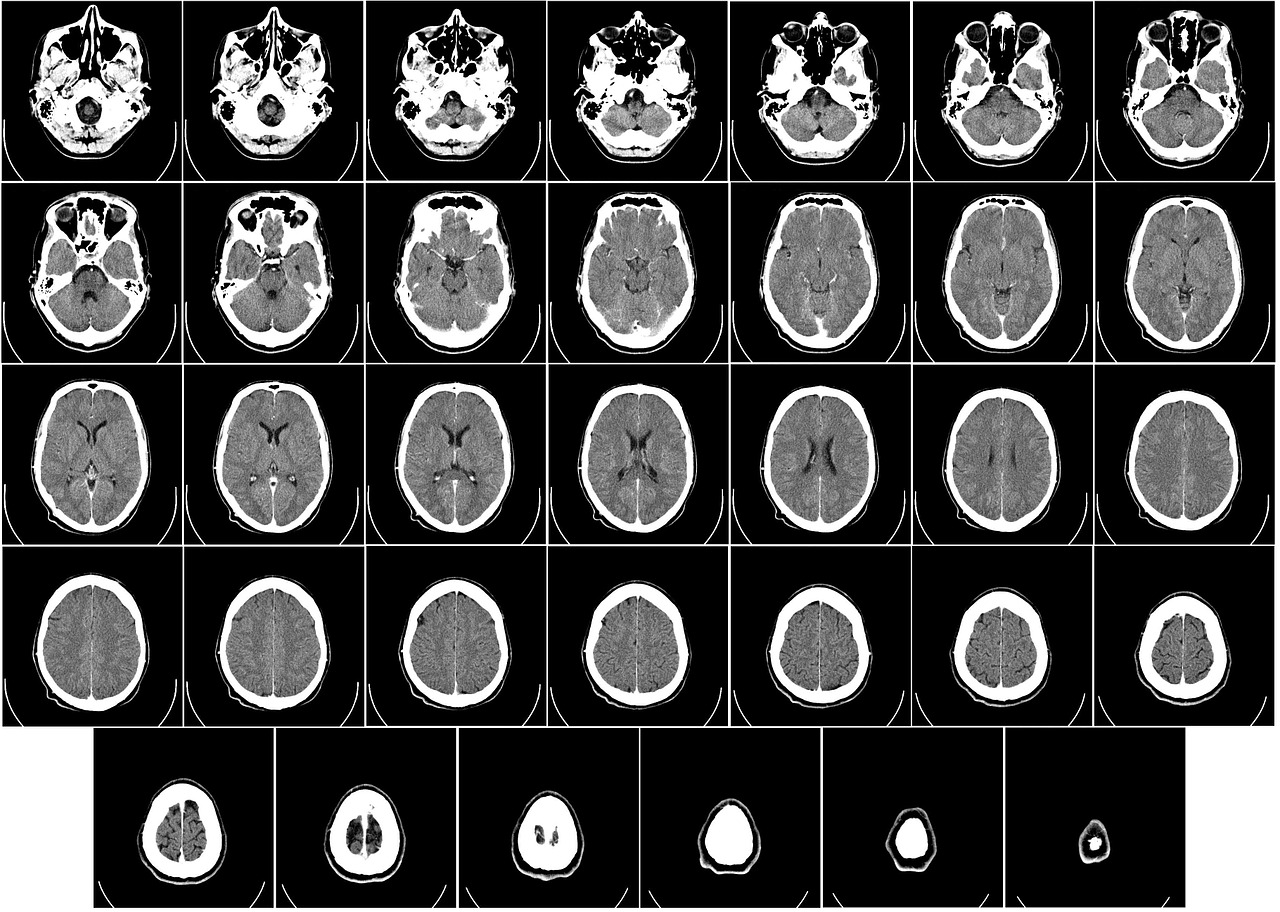
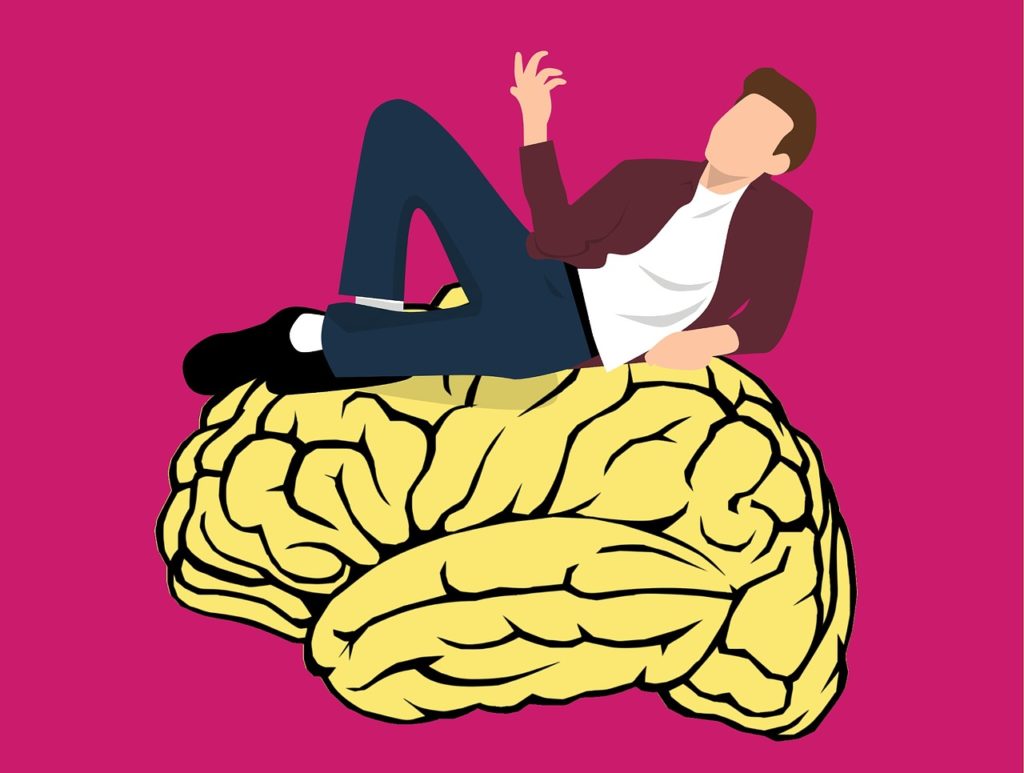
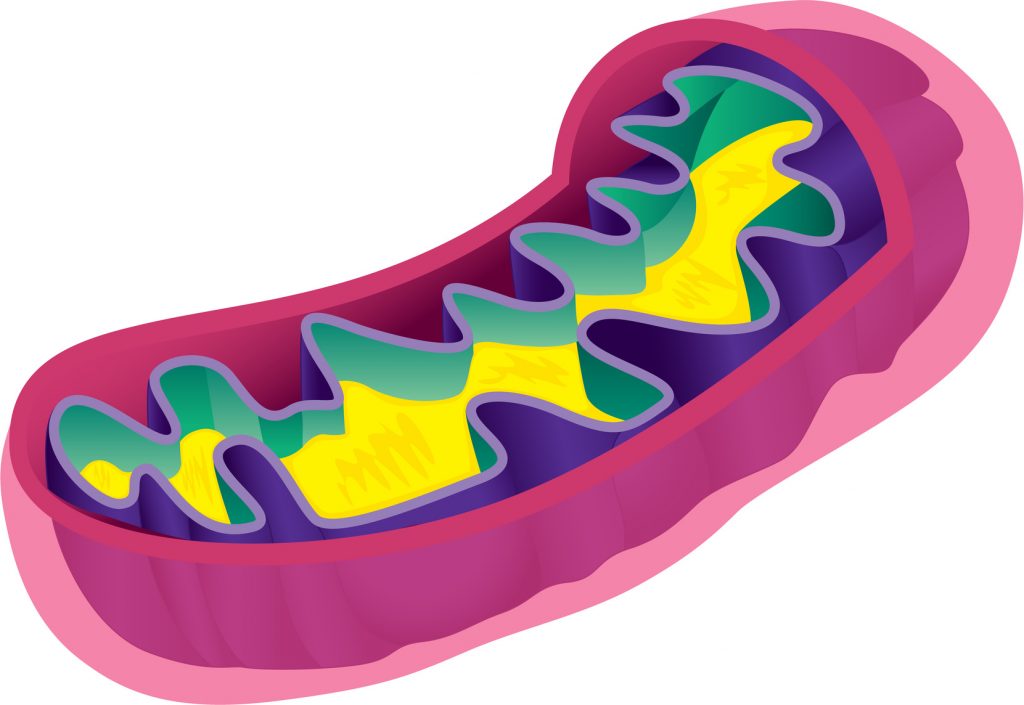
Hi
Just interested to know what your thoughts are on Alzheimer’s and which supplements can help
thanks
Desperate
Hi Zita,
That’s a tough one, and one I’ve generally skated around as I don’t want to give off the impression that my word is worth that of a legitimate physician. First I’d recommend seeking a physician. Then in addition to that I’ll say that nootropics that work as acetylcholinesterase inhibitors (for example, Huperzine A) are often associated with improving cognition impaired by age-related degeneration. And then other nootropics that may help in general include cholinergics (e.g., citicoline, alpha-GPC) and antioxidants (e.g., maritime pine bark extract, alpha lipoic acid), which may decrease oxidative stress.
Again, I’m hesitant to outright recommend anything, as I’m not in a position to prescribe treatments, but those nootropics may help (and are worth taking for general brain health protection). I’d recommend looking up other lists on neuroprotective nootropics as well.
Thanks for the Q. and I wish you the best,
– Geek